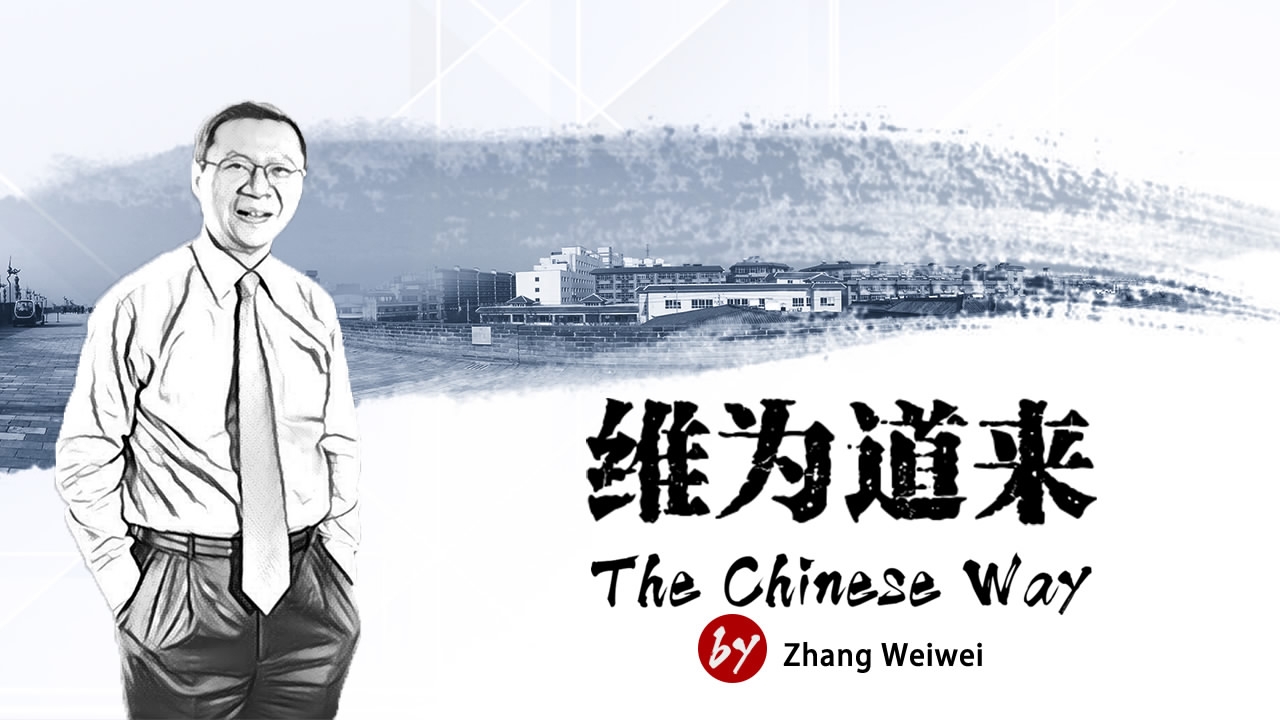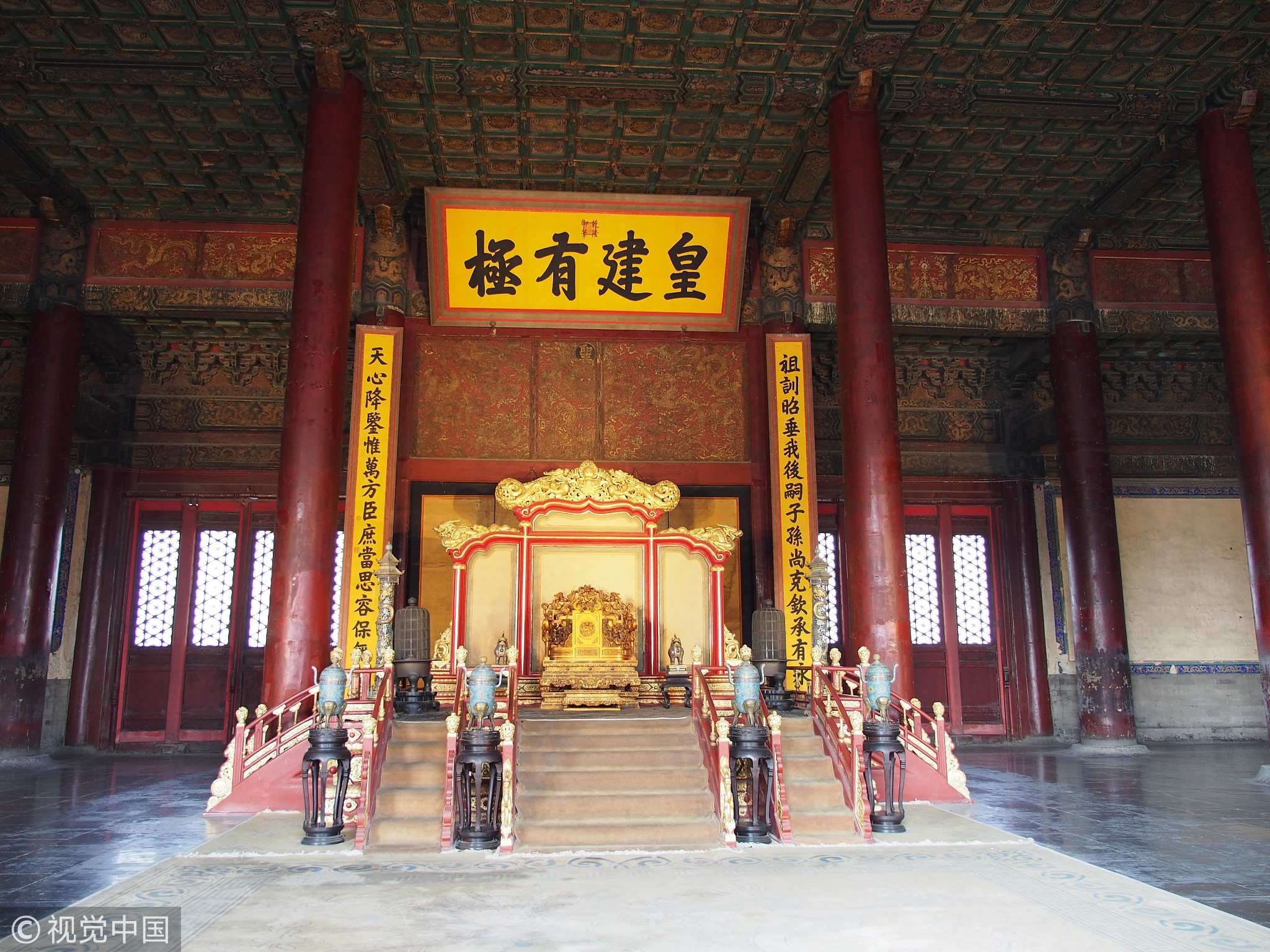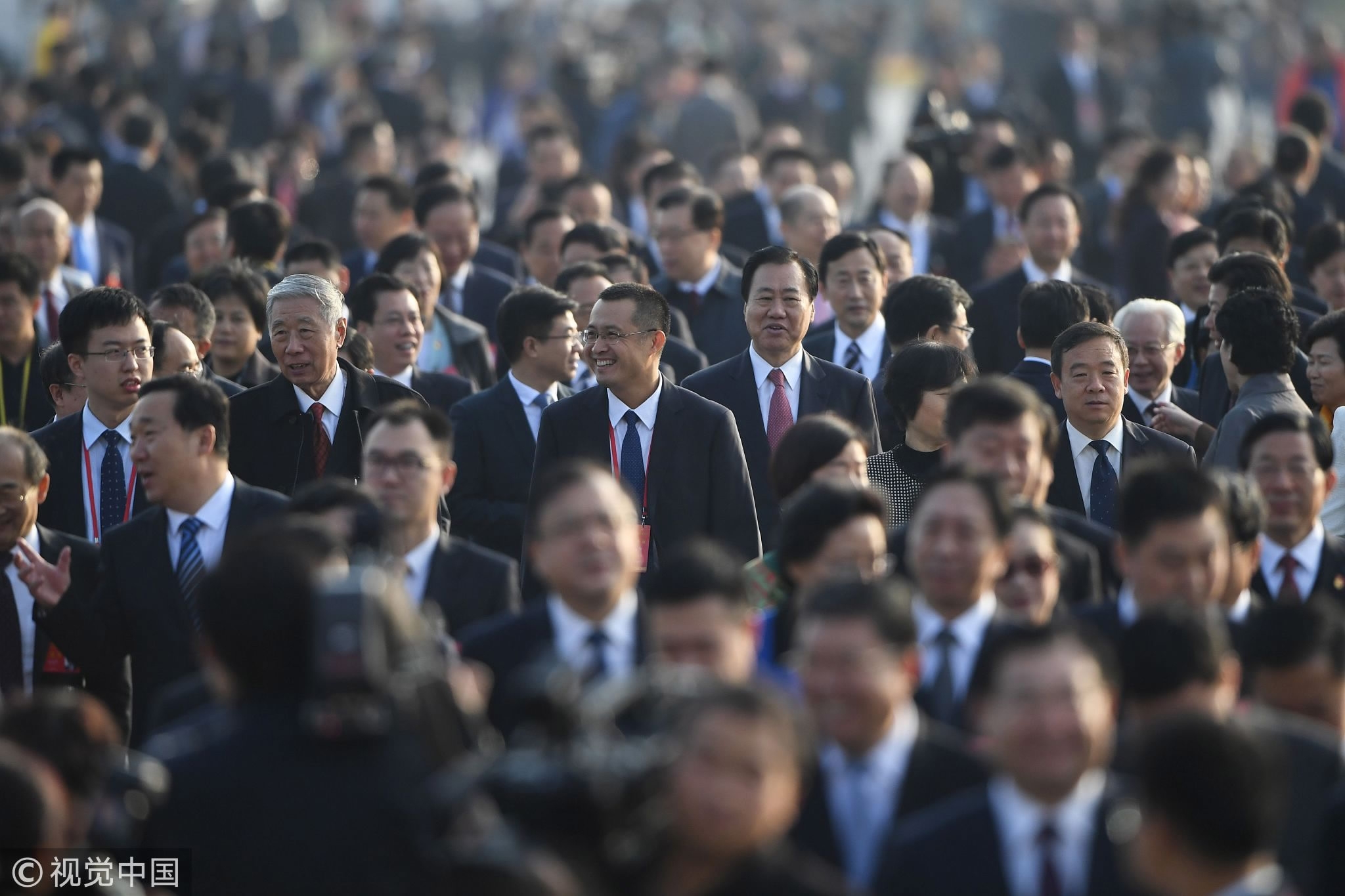
Opinions
10:04, 17-Mar-2018
Selection and election: How China chooses its leaders
Zhang Weiwei

Editor's Note: Zhang Weiwei is a Chinese professor of international relations at Fudan University, and a senior research fellow at the Chunqiu Institute. He is the author of The China Wave: Rise of a Civilizational State. The Chinese Way by Zhang Weiwei is a 10-part CGTN Digital series casting a critical eye over the governance of modern China. Professor Zhang identifies merits and flaws in the Chinese system and contrasts the China model with Western equivalents in a series of short films.
- Chinese leaders are selected on the basis of performance and broad support
- Chinese model is about leadership rather than the showmanship seen in the West
China has developed a unique system of choosing its leaders, eschewing Western models for a process based on merit and broad support. Scholar Zhang Weiwei argues that while the system of "selection and election" is not perfect, it is a match for alternative models and has delivered for the Chinese people.
China’s rise has attracted global attention, and though many have focused on the country’s economic model, which is of course important, China’s evolving political changes have somehow been ignored by many.
In fact, without much fanfare, Beijing has established a system of meritocracy called ‘‘selection and election’’ – where competent leaders are selected on the basis of performance and broad support after a vigorous process that includes screening, opinion surveys, internal evaluations and various types of elections.
This is in line with the Confucian tradition of meritocracy. After all, China is the first country to invent a civil service examination system, known as the “Keju.”
China practices – though not always successfully – meritocracy across the entire political stratum.
- Zhang Weiwei

Hall of Preserved Harmony in the Forbidden, where the final imperial examination would take place. /VCG Photo
Hall of Preserved Harmony in the Forbidden, where the final imperial examination would take place. /VCG Photo
Today, China practices – though not always successfully – meritocracy across the entire political stratum. Experience in areas like poverty eradication, job creation, local economic growth, social development and, increasingly, environmental protection, are all key criteria for selecting and promoting officials.
A good example of this is the profiles of the top leaders elected at China’s 19th CPC National Congress. Six of the seven have run provinces or provincial-level municipalities – many of which, in terms of population or GDP, are equivalent to multiple nations combined. Indeed, the Chinese system of meritocracy today makes it inconceivable that anyone like George W. Bush or Donald Trump could ever come close to the position of top leadership.
The Chinese system of meritocracy today makes it inconceivable that anyone like George W. Bush or Donald Trump could ever come close to the position of top leadership.
- Zhang Weiwei

Delegates arrive for the closing session of the 19th Communist Party Congress at the Great Hall of the People in Beijing on Oct.24,2017./VCG Photo
Delegates arrive for the closing session of the 19th Communist Party Congress at the Great Hall of the People in Beijing on Oct.24,2017./VCG Photo
It’s not far-fetched to claim that the Chinese model is more about leadership, rather than the showmanship seen in the West. China’s meritocratic governance challenges the traditional dichotomy of democracy versus autocracy. From China’s point of view, the nature of the state, including its legitimacy, has to be defined by its substance: that is good governance, competent leadership and successfully meeting the needs of the people. So despite its many deficiencies, the Chinese polity has delivered the world’s fastest growing economy and has vastly improved living standards for most Chinese.
Winston Churchill’s famous dictum that “democracy is the worst form of government, except for all those other forms that have been tried,” may be true in the Western political context. And many Chinese even paraphrase Churchill’s remark into what Sun Tzu, China’s 6th century B.C. military strategist, called “xiaxiace,” or the least bad option, which allows for the exit of bad leaders.
China’s "selection and election" is not perfect,but it is well-positioned to compete with the Western models.
- Zhang Weiwei
But in the Confucian tradition of meritocracy, a state should always strive for what’s called “shangshangce,” or the best of the best options, by choosing leaders of the highest caliber. This is by no means easy, but efforts to this end should be unbroken. China’s political and institutional innovations have so far produced a system that has, in many ways, combined the best option of selecting well-tested competent leaders, and the least bad option of ensuring the exit of leaders who should be removed for all kinds of reasons; for instance, the lack of leadership or age limitations.
China’s model of “selection and election” is not perfect, but it is well-positioned to compete with the Western model of popular democracy.

SITEMAP
Copyright © 2018 CGTN. Beijing ICP prepared NO.16065310-3
Copyright © 2018 CGTN. Beijing ICP prepared NO.16065310-3